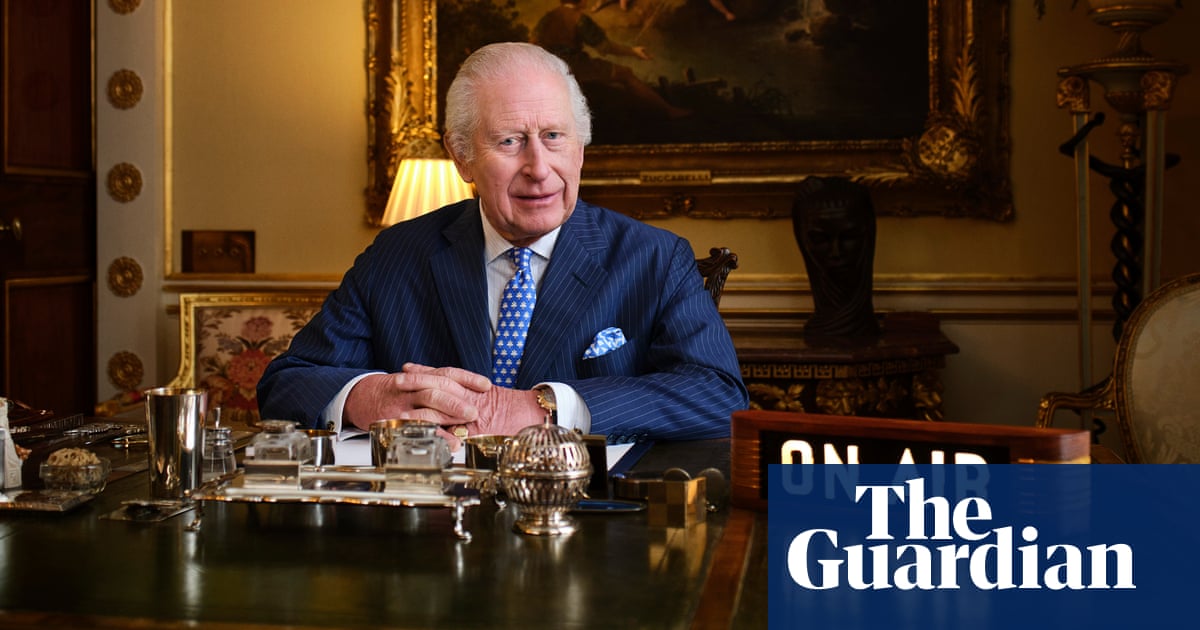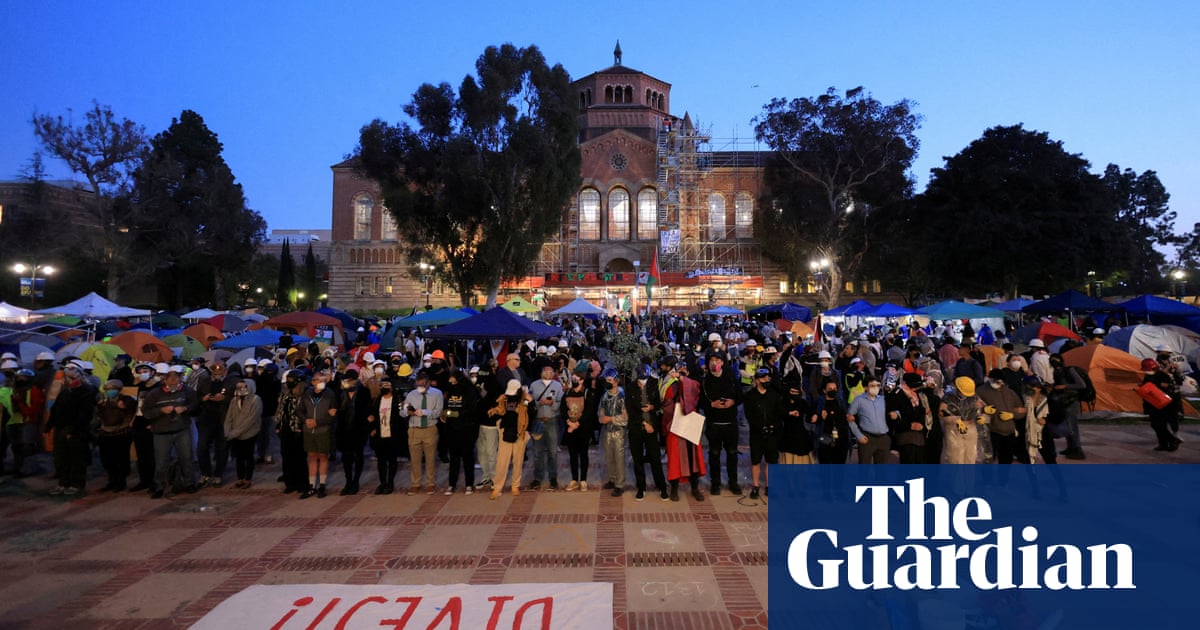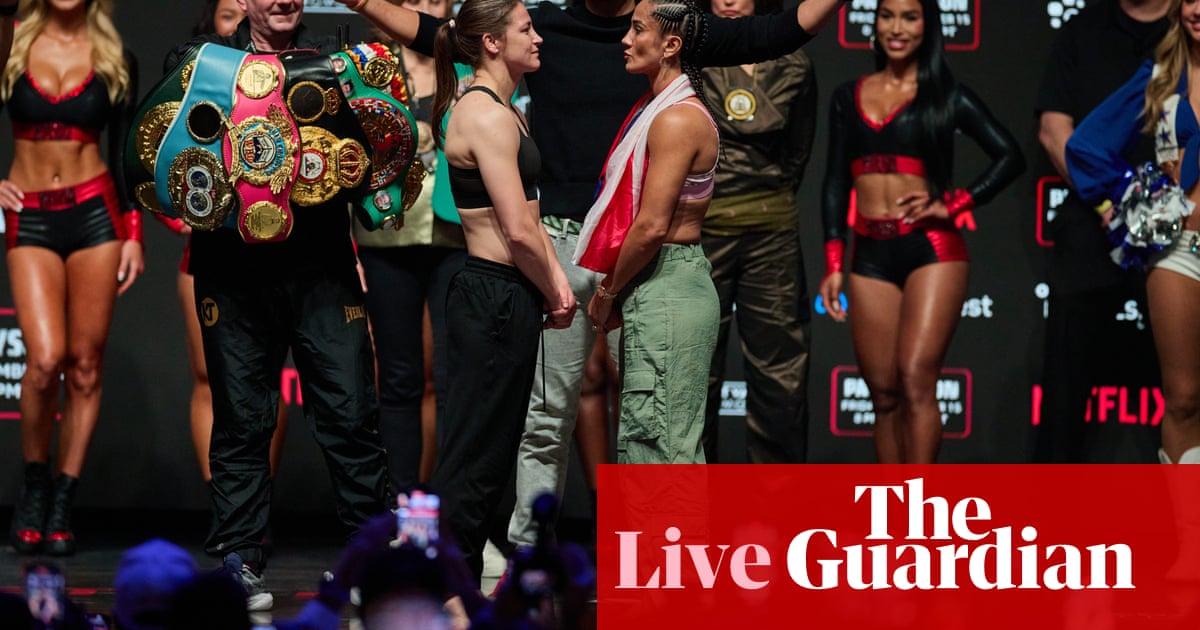Young people from working-class backgrounds are being “blocked” from entering the creative industries, which remain “elitist” and inaccessible, according to research.
A report from the Sutton Trust found stark overrepresentation in the arts for those from the most affluent backgrounds, which it defines as those from “upper middle-class backgrounds”.
About 7% of people educated in the UK attend private fee-paying schools. However, 43% of Britain’s best-selling classical musicians and 35% of Bafta-nominated actors are alumni of private schools.
Additionally, more than half (58%) of classical musicians have attended an arts specialist university or conservatoire, and one in four attended the Royal Academy of Music for undergraduate study. These institutions are dominated by students from the most affluent backgrounds. Twelve per cent of classical musicians attended Oxford or Cambridge.
Among the top actors, 64% have attended university, with 29% attending specialist arts institutions (including conservatoires). A total of 9% attended Oxbridge and a further 6% attended other Russell Group institutions.
However, pop stars appear to better reflect the educational backgrounds of the UK population, with only 8% privately educated and 20% university-educated, both close to the national averages.
The report said: “There are clear class inequalities in creative higher education and the creative workforce, with high-profile creative figures in fields like television more likely to have attended private school and university than the population overall …
“It also means many talented young people from poorer homes are blocked from highly sought after careers in the arts.”
The charity said access to creative degrees in subjects such as music and art was skewed towards those from upper middle-class backgrounds at the most prestigious institutions. At four universities – Oxford, Cambridge, King’s College London and Bath – more than half of students on creative courses come from the most elite upper middle-class backgrounds.
The universities with the lowest proportions of creative students from working-class backgrounds are Cambridge and Bath (4%), Oxford and Bristol (5%), and Manchester (7%).
There is also a significant class divide in specialist institutions, such as conservatoires and higher education institutions specialising in music and the performing arts. The Royal Academy of Music (60%), Royal College of Music (56%), Durham (48%), King’s College London (46%) and Bath (42%) all have high proportions of privately educated students studying creative subjects. All of these institutions have higher proportions of privately educated creative students than Oxbridge (32%).
The trust called for a range of measures to improve access to the arts. These included introducing an “arts premium” so schools could pay for arts opportunities such as music lessons, and ensuring that conservatoires and creative arts institutions that received state funding were banned from charging for auditions. It also suggested socioeconomic inclusion should be a condition of employers receiving arts funding, and that unpaid internships lasting more than four weeks should be banned.
The trust, which champions social mobility from birth to the workplace, added that the wider value of creative degrees should be taken into account when making funding and policy decisions for the higher education sector. It said measuring the quality of creative degree programmes on graduate earnings alone did not take into account the nature of the sector, with its prevalence of freelance work and unpaid internships.
It is developing a partnership with the British Screen Forum, which aims to address socioeconomic diversity through targeted skills and career initiatives.
Nick Harrison, the chief executive of the trust, said: “It’s a tragedy that young people from working-class backgrounds are the least likely to study creative arts degrees, or break into the creative professions. These sectors bear the hallmarks of being elitist – those from upper middle-class backgrounds, and the privately educated are significantly over-represented.”
Harrison said Britain’s creative sector was admired around the world, but no young person “should be held back from reaching their full potential, or from pursuing their interests and dream career, due to their socioeconomic background”.
He said it was “essential that action is taken to ensure access to high quality creative education in schools, and to tackle financial barriers to accessing creative courses and workplace opportunities”.

.png) 3 months ago
26
3 months ago
26













































